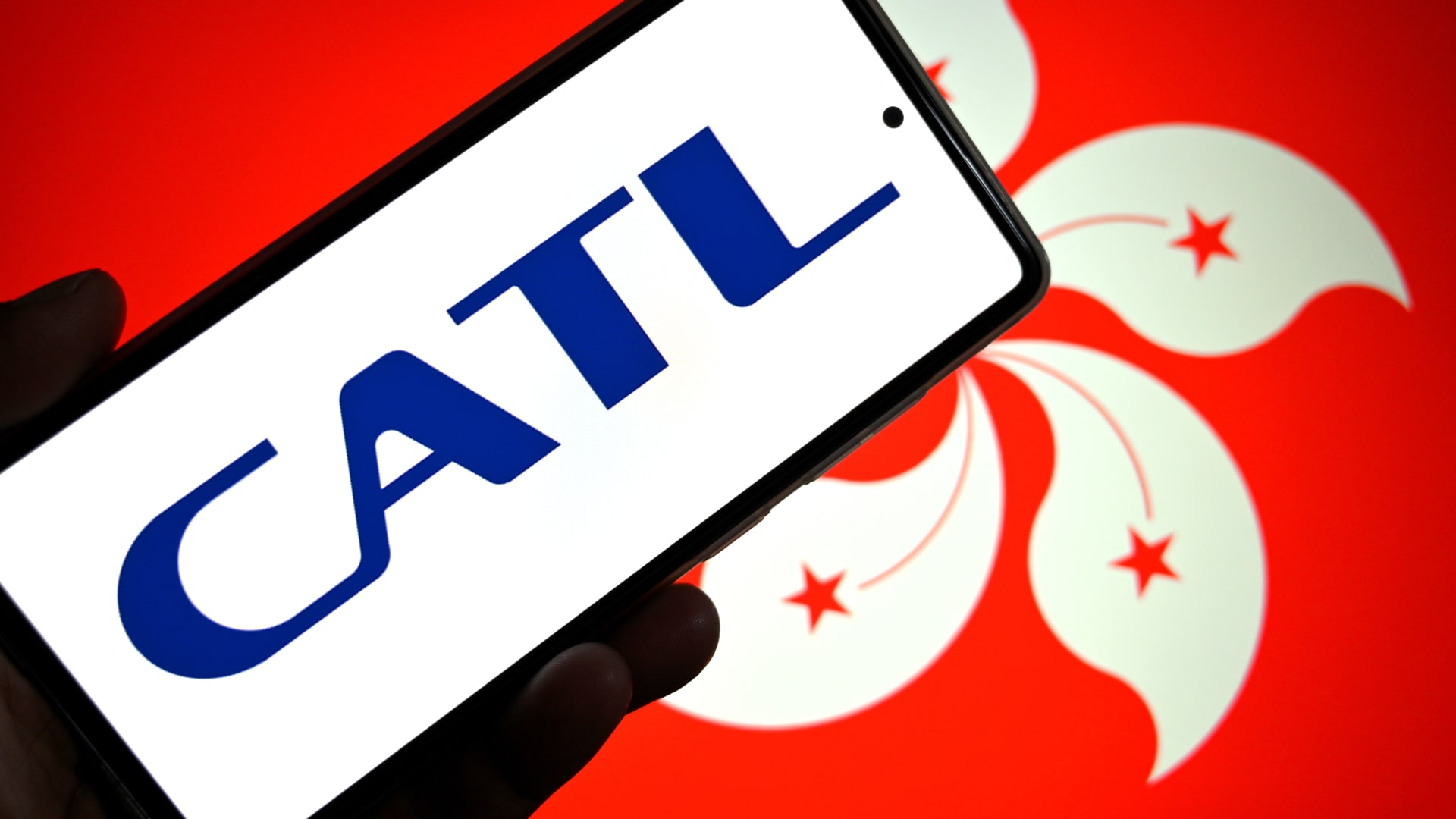Exploring the Rise of AI: Transforming Technology and Society
Artificial Intelligence (AI) is no longer a futuristic concept tucked away in academic labs or science fiction novels. It’s a dynamic and expanding force reshaping industries, economies, and individual lives at an unprecedented pace. This analysis delves into the multifaceted world of AI, examining its technological fabric, diverse applications, challenges, and the broader societal impacts it heralds.
The Pulse of AI Innovation: Understanding the Core Technology
At the heart of AI lies the ability of machines to mimic human cognition—learning, reasoning, problem-solving, and adapting. Recent advancements in machine learning, particularly deep learning, have propelled AI’s capabilities far beyond simple automation. These technologies utilize neural networks inspired by the human brain’s structure to process vast datasets, uncover patterns, and make predictions that improve over time without explicit programming.
Natural Language Processing (NLP), computer vision, and reinforcement learning represent key subfields where AI has shown remarkable progress, enabling everything from voice assistants to self-driving cars. The rapid iteration of AI models and the proliferation of data have accelerated this momentum, fostering systems that are not only smarter but progressively more autonomous.
Expanding Horizons: Real-World Applications Revolutionizing Industries
AI’s influence permeates numerous sectors, often acting as a catalyst for innovation and efficiency. In healthcare, AI-powered diagnostics and personalized treatment plans have improved patient outcomes and reduced costs. Financial services leverage AI for fraud detection, algorithmic trading, and customer service automation, enhancing security and decision-making.
The manufacturing industry benefits from AI-driven predictive maintenance and supply chain optimization, reducing downtime and waste. Meanwhile, the rise of AI in education and entertainment tailors experiences to individual preferences, enhancing engagement and accessibility.
Perhaps the most visible impact is found in autonomous vehicles and smart infrastructure, promising safer roads and more sustainable urban environments. AI is not just automating tasks—it is augmenting human capabilities and enabling entirely new modes of operation.
Navigating the Challenges: Ethical, Economic, and Technical Complexities
While AI’s potential is vast, it comes bundled with a spectrum of challenges. Ethical concerns rank prominently: issues of bias in algorithms, privacy invasion through data collection, and questions about accountability in AI-driven decisions demand rigorous scrutiny. The opacity of many AI models, often referred to as “black boxes,” complicates transparency and trust.
Economically, AI’s automation edge triggers fears about job displacement and widening inequality. Balancing innovation with social welfare necessitates thoughtful policy frameworks and workforce reskilling programs. Technically, ensuring robustness, security, and fairness in AI systems remains an ongoing pursuit, as adversarial attacks and unintended consequences threaten to undermine benefits.
Collaborative efforts among developers, policymakers, and civil society are essential to navigate these complexities and harness AI responsibly.
AI and Society: Shaping the Future Human Experience
The integration of AI into daily life subtly reshapes how humans interact, learn, and work. Enhanced personalization may empower individuals but risks creating echo chambers or diminishing serendipitous discovery. AI-driven surveillance prompts debates on civil liberties versus security.
On a broader scale, AI contributes to tackling global challenges such as climate change through optimized energy management and environmental monitoring. However, geopolitical competition over AI supremacy could introduce new tensions, underscoring the need for international cooperation.
Embracing AI as a tool for human progress requires awareness of its double-edged nature and proactive stewardship to orient development toward inclusion and sustainability.
Conclusion: AI as a Defining Force of Our Era
Artificial Intelligence stands at the crossroads of technology and humanity, poised to redefine what machines can do and how society organizes itself. Its journey from experimental algorithms to ubiquitous applications highlights both extraordinary promise and profound responsibility.
By fostering innovation while addressing ethical, economic, and technical challenges, AI has the potential to catalyze a new era of growth, creativity, and improved quality of life. The unfolding narrative of AI invites us not only to marvel at technological feats but also to engage thoughtfully in shaping an inclusive and equitable digital future where human potential is amplified by intelligent machines.












